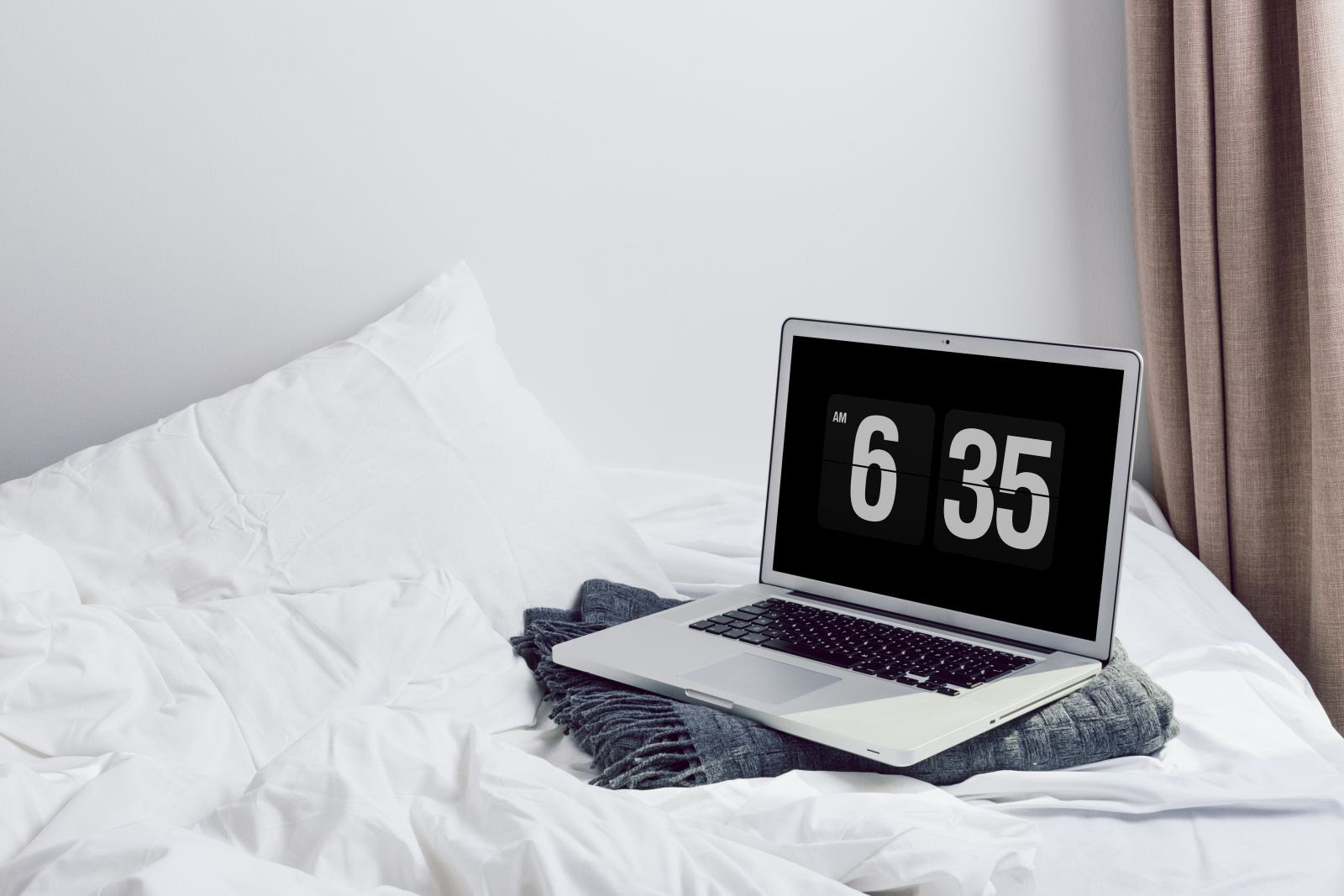4 ways to get better sleep

Image: Death to Stock Photography |
People with insomnia struggle to get a good night's rest and wonder how to sleep better They may be plagued by trouble falling asleep, unwelcome awakenings during the night, or fitful sleep — alone or in combination. They may feel drowsy during the day and yet be unable to nap. Insomnia can leave a person feeling anxious and irritable or forgetful and unable to concentrate.
Finding an effective solution requires uncovering the cause. Nearly half of insomnia cases stem from psychological or emotional issues. Stressful events, mild depression, or an anxiety disorder can make falling asleep and staying asleep difficult. Ideally, once the underlying cause is treated, the insomnia improves.
Get your copy of Improving Sleep
|
| When you wake up in the morning, are you refreshed and ready to go, or groggy and grumpy? For many people, the second scenario is all too common. Improving Sleep: A guide to a good night's rest describes the latest in sleep research, including information about the numerous health conditions and medications that can interfere with normal sleep, as well as prescription and over-the-counter medications used to treat sleep disorders. Most importantly, you’ll learn what you can do to get the sleep you need for optimal health, safety, and well-being.
 |
|
First-line treatment: Behavioral changes
If you are having trouble sleeping or sleeping well, the following four techniques may help you sleep better.
Sleep restriction. Fight the tendency to spend a lot of time in bed with the hope of falling asleep. In reality, less time in bed helps you to sleep better and make the bedroom a welcome sight instead of a torture chamber.
Reconditioning. A few simple steps can help people with insomnia to associate the bedroom with sleep instead of sleeplessness and frustration. For example, use the bed only for sleeping or sex and go to bed only when you're sleepy. If you're unable to sleep, move to another room and do something relaxing. Stay up until you are sleepy, and then return to bed. If sleep does not follow quickly, repeat.
Relaxation techniques. A racing or worried mind is the enemy of sleep. Sometimes physical tension is to blame. Techniques to quiet a racing mind — such as meditation, breathing exercises, progressive muscle relaxation, and biofeedback — can help you sleep better.
Cognitive behavioral therapy (CBT). CBT for insomnia aims to change the negative thoughts and beliefs about sleep into positive ones. People with insomnia tend to become preoccupied with sleep and apprehensive about the consequences of poor sleep. This worry makes relaxing and falling asleep nearly impossible. The basic tenets of this therapy include setting realistic goals and learning to let go of inaccurate thoughts that can interfere with sleep.
For more information on some proven techniques to help you get a good night's sleep, read Improving Sleep, a Special Health Report from Harvard Medical School. | 







No hay comentarios:
Publicar un comentario